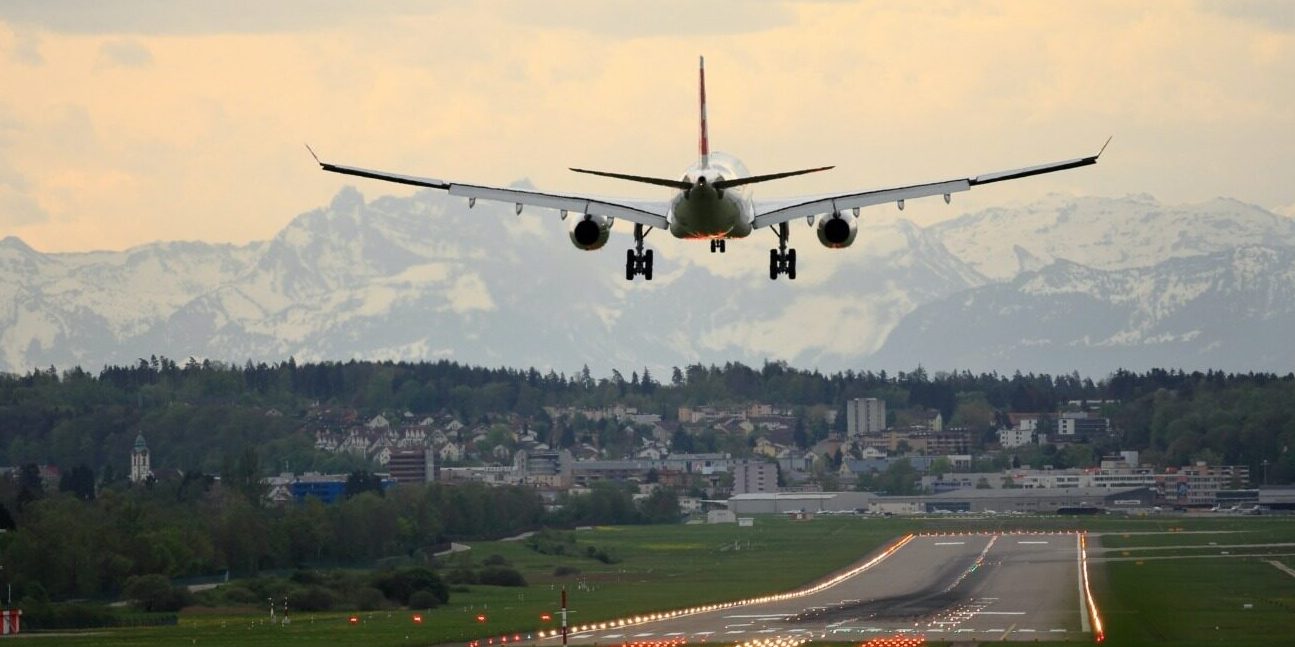Travellers Rejoice! Airport Security 100ml Rule to be Scrapped
The government has set a deadline of June 2024 for airports to instal new security technology, in order that the long-standing 100ml rule on liquids in hand luggage may be scrapped. It’s part of a series of forthcoming changes designed to improve both security and passenger experience when going through departures – they will be able to leave liquids and large electrical items in their cabin luggage, reducing hassle, and carry two litres instead. Why are these changes set to come into force, and are they a good idea?
It used to be the case that passengers could walk through airports with essentially no limits or checks whatsoever. But since 9/11, security protocals have been tightened significantly. The liquid rule – that is, the requirement for liquids to be under 100ml and in a clear plastic bag – came into force on November 2006, after police foiled a plot to blow up 10 planes with hidden explosives.
Technological improvements have made the 100ml redundant
However, technological improvements have made the 100ml redundant. Specifically, the government’s plans will be centred around computed tomography (CT) scanners, which can accurately and efficiently detect and identify liquids. The use of CT scanners has already been introduced at several major airports around the world, and their use is expected to become more widespread in the coming years. This means that airport security staff will be able to screen larger volumes of liquids, gels, and aerosols, without significantly increasing the time it takes to get through security checkpoints. This will be supported by other enhanced security, including more sniffer dogs and more thorough passenger screening.
Transport Secretary Mark Harper said: “The tiny toiletry has become a staple of airport security checkpoints, but that’s all set to change. I’m streamlining cabin bag rules at airports while enhancing security. By 2024, major airports across the UK will have the latest security tech installed, reducing queuing times, improving the passenger experience, and most importantly detecting potential threats. Of course, this won’t happen straight away – this is going to take two years to be fully implemented. Until then, passengers must continue following the existing rules and check before travelling.”
This investment in next-generation security by the UK’s airport operators will provide a great step forward for UK air travel
Broadly speaking, the news has been welcomed, and trials since 2018 in some airports have been successful. Christopher Snelling, Policy Director at The Airport Operators Association (AOA), said: “This investment in next-generation security by the UK’s airport operators will provide a great step forward for UK air travel, matching the best in class around the world. It will make the journey through the UK’s airports easier and air travel itself more pleasant.” Many travellers are thrilled at the prospect of being able to carry more, although many are also worried about the potential security risks, and it has been advised that airports and airlines help reassure passengers as to the safety of the new policy.
The changes will be phased in gradually over the next two years, and some airports has already implemented the new technology and scrapped the policy. London City Airport has scrapped the limit, installing its new scanners already. Robert Sinclair, the airport’s chief executive, said that the technology would help speed up queues: “The good news for anyone planning a holiday or a business trip is that we will be the first mainstream UK airport to offer a fully CT security experience from the end of this month. The new lanes will not only cut hassle but also queuing times, which I know passengers will love.”

Comments